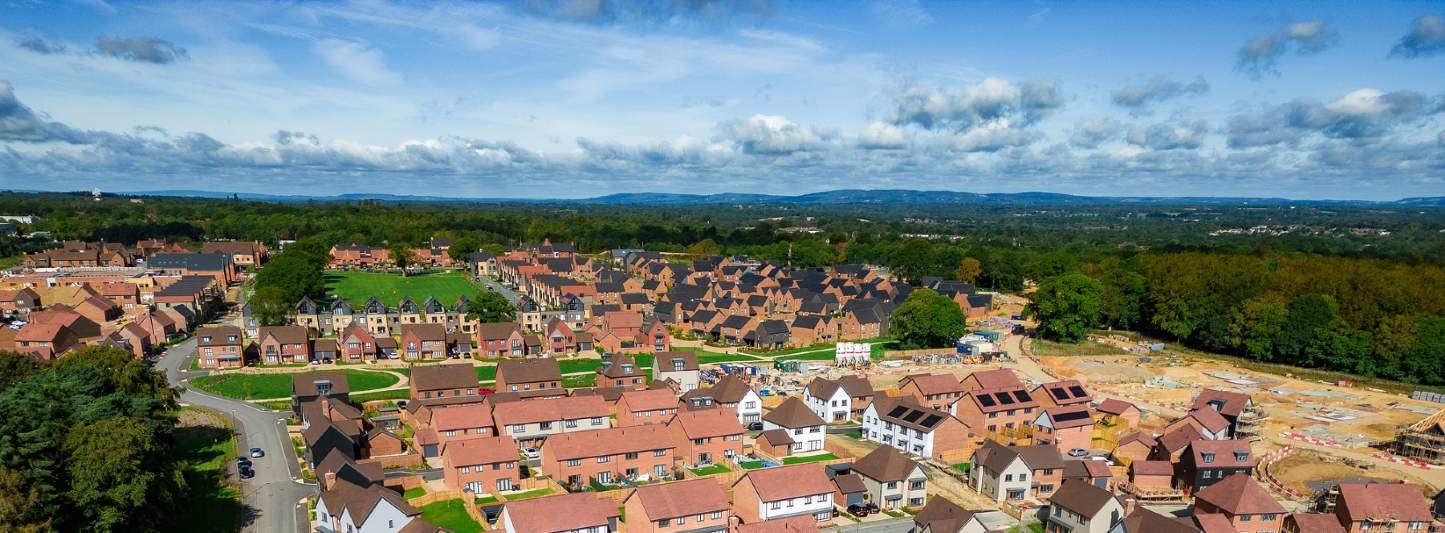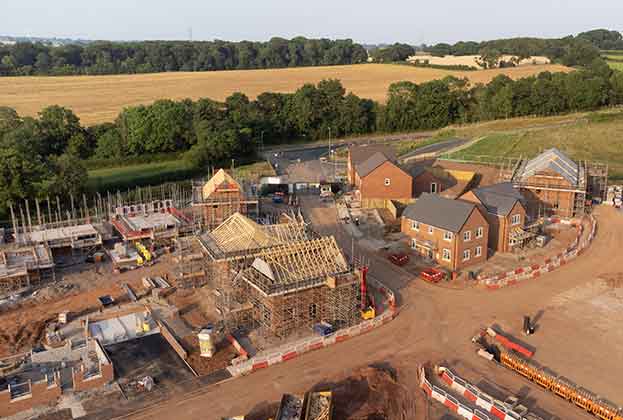If you are a landowner looking to sell your site for redevelopment, it is prudent to consider the impact that Value Added Tax (VAT) could have on the sale. And before going further, it is worth a reminder of exactly what VAT is and why it is charged.
VAT is payable on most goods and services at each stage of the supply chain where value is added. Most products and services are charged at the standard rate of 20 per cent. This tax is paid to HMRC by the seller of goods who is the ‘taxable person’, but it is actually paid by the buyer to the seller as part of the price. It is therefore an indirect tax.
Are land sales VAT exempt?
By default the supply of land (i.e. a freehold sale by a landowner) is exempt from VAT and therefore VAT is not payable on the sale price. However, it does mean that a landowner in this situation cannot recover any of the VAT incurred on their own expenses (such as professional fees relating to the sale). Depending on the level of expenditure incurred throughout the sale (for example, if it ends up being a relatively lengthy or complex process) this could amount to a significant sum that cannot be reclaimed.
Weighing up the option to tax
So it could be beneficial for a landowner to opt to tax their land, in order to enable VAT to be reclaimed on expenses related to the sale. However, there may also be instances where it is beneficial to retain a site’s VAT exempt status. If a sale is agreed to a charity or Registered Provider for example, these parties cannot recover all their VAT and so would end up bearing significant additional costs. Consideration would need to be given as to whether opting to tax provides a greater benefit to the landowner by allowing VAT recovery on their associated sale costs, or whether the site remaining VAT exempt allows a particular party to purchase the site without the additional expense of an unrecoverable VAT bill.
The option to tax (OTT) will apply to any existing buildings and any future buildings constructed on the land, unless specifically chosen to be excluded and normally lasts for a period of 20 years. The option will remain in place even if a transaction ends up being aborted hence the decision needs to be made carefully. There is a six month ‘cooling off’ period in which the process can be reversed but this only applies if no tax has become chargeable on the supply of the land (i.e. a sale) as a result of the option, or no transfer of a going concern has occurred.
Seek expert tax advice
We would advise landowners to consider their VAT position at the earliest possible opportunity if they are considering the disposal of land and, due to the material financial impact that opting to tax can have on a landowner’s interest, we would recommend seeking professional tax advice as every scenario is different.
Further information
Contact Jonathan Lambert

.jpg)

.jpg)
.jpg)
(1).jpg)
.jpg)
.jpg)
.jpg)

.jpg)